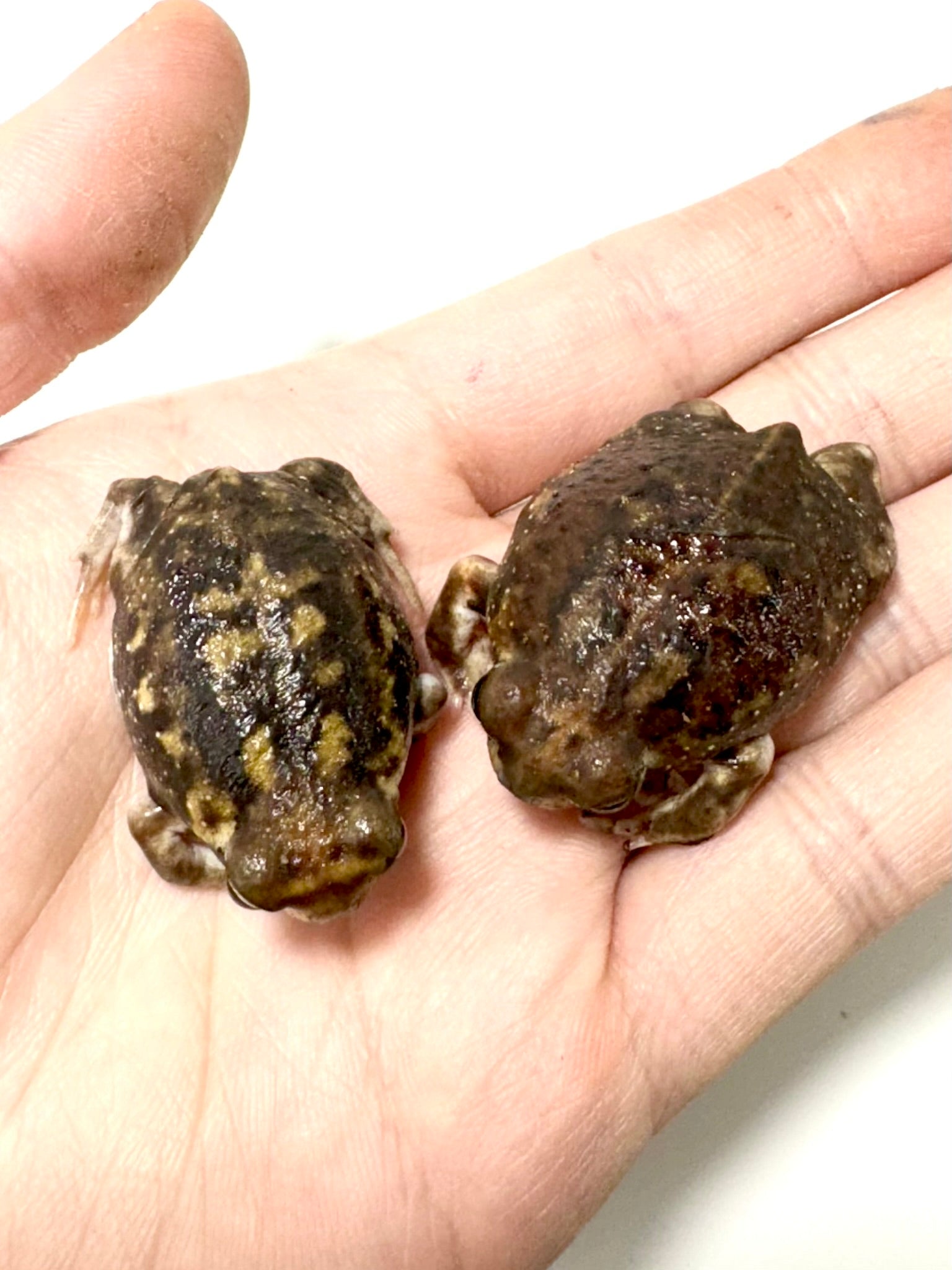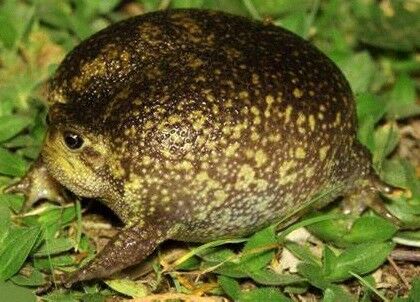Rain Frog for Sale: Elevate Your Collection with Rare and Exotic Amphibians!
Rain Frog for Sale: Elevate Your Collection with Rare and Exotic Amphibians!
Blog Article
Common Health And Wellness Issues in Reptiles: Signs And Symptoms and Solutions
In the elaborate world of reptile care, recognizing the typical wellness issues that might impact these unique creatures is critical in guaranteeing their wellness. From respiratory system infections that can quietly hold to metabolic bone illness that can debilitate, reptiles are susceptible to a series of conditions that call for eager monitoring and timely treatment. Whether it's coming to grips with parasitical invasions, navigating dehydration issues, or attending to skin conditions that manifest in refined methods, being attuned to the symptoms and geared up with the expertise of reliable services is important for any reptile proprietor. By diving even more right into the subtleties of these health concerns and discovering the useful remedies readily available, one can secure the health and vigor of these interesting pets.
Respiratory System Infections
Breathing infections in reptiles can dramatically impact their general wellness and call for prompt attention from knowledgeable vets. These infections are commonly caused by infections, fungis, or bacteria and can show up via symptoms such as wheezing, nasal discharge, open-mouth breathing, and lethargy. In reptiles, respiratory infections can be particularly challenging to diagnose and treat due to their distinct composition and physiology. Veterinarians commonly rely upon a mix of checkups, analysis imaging, and research laboratory examinations to properly determine the underlying source of the infection.
Therapy for breathing infections in reptiles usually involves a mix of encouraging care, such as keeping appropriate humidity degrees and temperature gradients in the unit, in addition to targeted medication to address the details microorganism in charge of the infection. It is crucial for reptile proprietors to check their pets closely for any kind of indicators of respiratory system distress and seek vet care at the earliest sign of a problem. With timely treatment and suitable therapy, numerous reptiles can recoup completely from respiratory infections and return to normal tasks.

Metabolic Bone Illness
What variables add to the advancement of Metabolic Bone Condition in reptiles?
Metabolic Bone Condition (MBD) in reptiles is largely brought on by an absence of proper calcium, phosphorus, and vitamin D3 levels in their diet plan. When reptiles do not obtain adequate calcium, either with their food or correct UVB direct exposure for vitamin D3 synthesis, they are at a high risk of establishing MBD. Reptiles with diet regimens reduced in calcium or imbalanced calcium to phosphorus ratios are specifically susceptible. Additionally, insufficient direct exposure to UVB light prevents reptiles from synthesizing vitamin D3, which is essential for calcium absorption and bone health and wellness.
Insufficient humidity degrees can additionally affect a reptile's capacity to metabolize calcium successfully. Regular veterinary check-ups, proper husbandry methods, and a well balanced diet are essential to stop Metabolic Bone Disease in reptiles.
Parasitical Invasions
Parasitical infestations posture a substantial health danger to reptiles, affecting their overall well-being and requiring timely veterinary attention. Reptiles can be affected by various parasites, including mites, ticks, internal worms, and protozoa. These bloodsuckers can cause a variety of signs, such as fat burning, lethargy, skin irritability, diarrhea, and even fatality if left unattended.
One common bloodsucker found in reptiles is the mite, which can create skin anemia, irritability, and stress. Ticks are an additional external bloodsucker that can create and transmit diseases discomfort to the reptile. Interior parasites like worms and protozoa can cause gastrointestinal issues, poor nutrition, and deteriorate the reptile's immune system.
To detect a parasitic problem, a vet may carry out fecal tests, skin scrapings, or blood tests. Treatment usually entails deworming medications, antiparasitic baths, or in severe cases, hospitalization. Preventative steps such as routine veterinary examinations, appropriate hygiene, and quarantine procedures for new reptiles can help minimize the risk of parasitic infestations and ensure the well-being of reptile pets.
Dehydration and Hydration Issues
Dehydration in reptiles can substantially affect their health and wellness and wellness, necessitating timely treatment and proper hydration administration. Reptiles are susceptible to dehydration because of various factors such as inadequate water consumption, high ecological temperatures, and certain wellness conditions. Symptoms of dehydration in reptiles consist of sunken eyes, sleepiness, loss of skin elasticity, and lowered peeing. If left without treatment, dehydration can cause major health concerns and also be fatal to the reptile.
To avoid dehydration, reptile owners need to guarantee that their family pets have accessibility to clean water in all times. The water meal must be large sufficient click here to find out more for the reptile to take in if needed, specifically for types that soak up water through their skin. Furthermore, maintaining appropriate moisture levels in the reptile's room and giving routine bathrooms can aid avoid dehydration.
In instances of dehydration, it is important to look for veterinary care immediately. A vet might carry out fluids either orally or with shots to rehydrate the reptile. It is important to resolve the underlying cause of dehydration to avoid reappearance and ensure the reptile's general wellness.
Skin Disorders

Final Thought

Respiratory infections in reptiles can significantly influence their general health and call for timely attention from seasoned veterinarians (rain frog for sale). Preventative measures such as normal veterinary exams, appropriate health, and quarantine treatments for new reptiles can assist reduce the threat of parasitic problems and make sure the well-being of reptile pet dogs
If left without treatment, dehydration can lead to serious wellness issues and also be fatal to the reptile.
Consistently examining your reptile for any kind of modifications in skin structure, appearance, or shade can aid in early click this discovery and treatment of skin conditions, advertising the overall health and wellness and health of your scaly buddy. - rain frog for sale
In verdict, reptiles are prone to different wellness issues such as breathing infections, metabolic bone condition, parasitical infestations, dehydration, and skin conditions.
Report this page